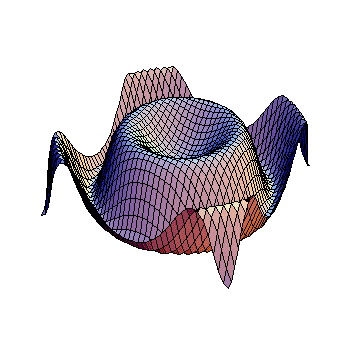Assuming that by #tan^(-1)(4x)# you mean #arctan(4x)# and not #cot(4x)#.
We know the pythagorean identity #sin^2(theta) + cos^2(theta) = 1#, so if we divide both sides by #sin^2(theta) we'd have:
#sin^2(theta)/sin^2(theta) + cos^2(theta)/sin^2(theta) = 1/sin^2(theta) rarr#
#1 + cot^2(theta) = csc^2(theta)#
So, if we switch in #theta# for #arctan(4x)#, we have
#1 + 1/tan^2(arctan(4x)) = 1/sin^2(arctan(4x))#
Knowing that #tan(arctan(theta)) = theta#
#1 + 1/(4x)^2 = 1/sin^2(arctan(4x))#
Taking the least common multiple so we can sum the two fractions on the right side:
#(16x^2+ 1)/(16x^2) = 1/sin^2(arctan(4x))#
Invert both sides
#(16x^2)/(16x^2+1) = sin^2(arctan(4x))#
Taking the square root
#sqrt((16x^2)/(16x^2+1)) = sin(arctan(4x))#
Simplifying
#(4x)/sqrt(16x^2+1) = sin(arctan(4x))#
You can rationalize it if you want
#(4x*sqrt(16x^2+1))/(16x^2+1) = sin(arctan(4x))#
And last but not least, gotta list out the values #x# can't be because of the liberities we took during our process. We can't have denominators being zero nor negatives in square roots, so we have:
#(4x)^2 != 0#
#16x^2 +1 > 0#
#sin(arctan(4x)) != 0 rarr (4x)/sqrt(16x^2+1) != 0#
From these we see that #x != 0#

